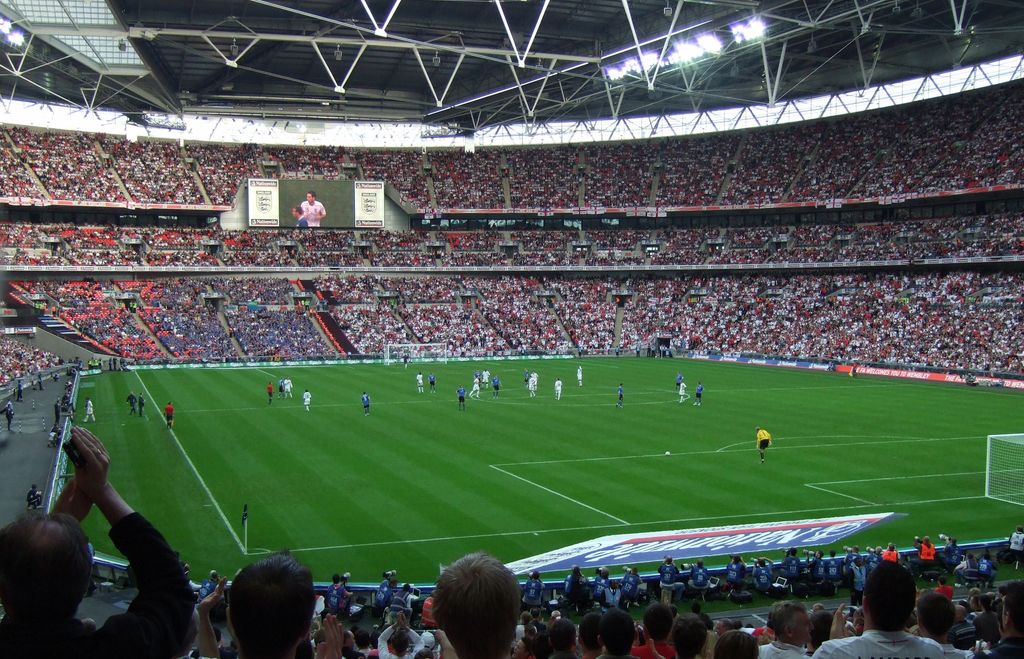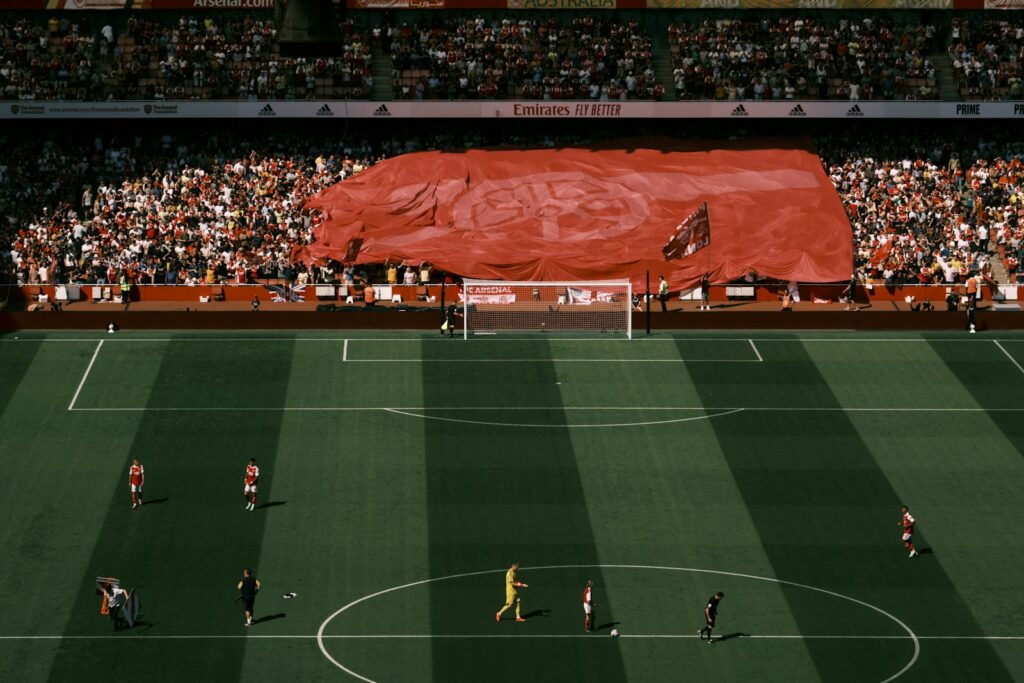
English football, deeply woven into the nation’s culture, is confronting harsh realities far removed from the wealth of its top-tier clubs. One of its oldest institutions, Sheffield Wednesday FC, is currently embroiled in a crisis that threatens its survival. As the new season approached, the excitement usually felt by fans was replaced by concern and protest, revealing the challenges historic clubs face in today’s football landscape.
On a recent Sunday, over 3,000 Sheffield Wednesday supporters traveling to an away Championship match at Leicester City staged a five-minute protest. Their focus was on Dejphon Chansiri, the club’s Thai owner, who has become the center of mounting financial troubles and failed attempts to sell the club. This act of solidarity highlights the deep bond between football clubs and their communities—a bond now strained by instability and uncertainty.
Sheffield Wednesday’s difficulties highlight a wider problem across English football’s lower leagues. The British government has responded by passing legislation to create a football regulator, tasked with overseeing club ownership and transactions to ensure owners are “fit and proper.” Yet, for a club founded in 1867, there are fears this intervention may arrive too late to prevent serious damage.

Financial Turmoil and Operational Challenges at Sheffield Wednesday
The summer ahead of the new season was marked by turmoil at Hillsborough. Dan Fudge, co-host of the “The Wednesday Week” podcast, described the situation as reaching “new levels of chaos.” Players and staff have suffered unpaid wages for most of the past five months, leading to a transfer embargo that bars the club from signing new players until January 2027, regardless of their financial situation.
The squad has been severely depleted, with at least fifteen players leaving on free transfers or for minimal fees. This leaves Sheffield Wednesday with barely enough players to field a full team and substitutes, casting doubt over their competitiveness in the upcoming campaign. The departure of promising young head coach Danny Rohl, a respected figure known for his tactical acumen, further destabilizes the club during a critical period.
Adding to these difficulties, Sheffield City Council recently refused to grant a safety license for the North Stand at Hillsborough, citing serious structural concerns. This stand, with 9,000 seats, is a vital part of the stadium and home to many dedicated fans. The closure has a deeply personal impact, particularly on disabled supporters whose accessible seating is located there.

Ownership Issues and the Wider Football Finance Divide
Dejphon Chansiri has publicly expressed his intention to sell Sheffield Wednesday. However, his asking price of £100 million is seen as excessive by experts such as football finance analyst Kieran Maguire, who estimates the club’s realistic value closer to £40 million. A reported offer from a U.S.-based group in June was rejected by Chansiri, prolonging the uncertainty.
Maguire suggests Chansiri is not acting out of malice but is inexperienced and lacks understanding of football club management. This situation reflects a broader vulnerability in English football, where historic clubs can be left in the hands of owners who are ill-prepared for the unique demands of running such institutions.
The financial gulf between the Premier League and lower tiers is stark. Premier League clubs spent around £1.8 billion on transfers this summer alone, with Liverpool leading at £252 million. Premier League revenues topped £6 billion last season, a 36% increase from the previous year. In contrast, all Championship clubs recorded operating losses for the second consecutive season despite high attendance. This financial imbalance leaves lower-league clubs dependent on player sales and benefactors, often with fragile foundations.
The English Football League’s Intervention and Rising Fears
The English Football League (EFL) is engaged in advanced talks with Chansiri’s lawyers concerning the sale of Sheffield Wednesday. The league has issued a firm warning that the club must meet its financial obligations or complete a sale to a financially capable party at fair market value. This pressure signals growing concern over the club’s viability and the integrity of the league system.
Worries extend beyond Sheffield Wednesday. The recent suspension of Morecambe FC from the National League demonstrates how quickly a club can spiral into crisis without a suitable buyer. Founded over a century ago, Morecambe’s decline threatens not only football but the social and economic fabric of its seaside town.

Morecambe FC: Community Heartbreak Amid Financial Collapse
Morecambe FC has historically played a vital role in supporting the local community through employment, local business support, and social cohesion. Now, the club faces potential disappearance as owner Jason Whittingham struggles to sell the club. The impact is felt deeply by fans like Alison Williamson, who described the situation as a grieving process akin to losing a family member.
The crisis has seen players sent home due to lack of insurance and the academy ceasing operations. Long-serving kitman Les Dewhirst, reflecting on the club’s rich past and its role in the town’s identity, expressed the personal and financial toll of the current situation.
Local businesses also face significant financial losses, with matchday revenues disappearing and affecting pubs, restaurants, and shops. Regulars at the Hurley Flyer pub, a key social hub on matchdays, have visibly felt the loss of joy and community spirit the club once provided.

The Wider Social Role of Football Clubs in Communities
Morecambe FC offers more than football; it hosts community events, fundraisers, and social sessions, including support for elderly and vulnerable groups. Former co-chairman Rod Taylor emphasized the club’s role in delivering social value that cannot be easily measured. For many locals, football provides a crucial release from everyday pressures and fosters lifelong bonds across generations.
This broad community connection highlights why the potential loss of clubs like Morecambe has far-reaching consequences beyond sport. The social fabric, mental health, and identity of communities are tightly linked to their football clubs.

Lessons from Past Club Collapses and the Enduring Legacy of Historic Clubs
The plights of Bury FC, Macclesfield Town, Scarborough, Chester City, and others serve as cautionary tales. These clubs fell into financial ruin and were dissolved, with some reborn as phoenix clubs operating in lower leagues. Their struggles underline the recurring theme of financial mismanagement and the resilience of fan-led rebirths.
Despite the challenges, many of England’s oldest clubs still embody a rich football heritage. Sheffield Wednesday, Nottingham Forest, Wrexham, Stoke City, Notts County, Hallam FC, and Sheffield FC represent living links to the sport’s origins and traditions. Their survival is a testament to their cultural importance and the passion of their supporters.

The Urgency to Protect Football’s Heritage and Future
The crisis engulfing clubs like Sheffield Wednesday and Morecambe is more than financial—it threatens the preservation of football’s history and its role in community life. David Blunkett, a lifelong Wednesday fan and House of Lords member, stressed the importance of resolving these crises swiftly, even before the new football regulator is fully operational.
Sheffield Wednesday’s fans continue to demonstrate unwavering loyalty, as shown by the sold-out away ticket allocation despite protests. This enduring passion reflects the deep roots football has in people’s lives, uniting generations and communities.
Football clubs serve as vital anchors of identity, employment, and social connection across England. As these historic institutions face uncertain futures, the hope remains that their societal value will be recognized and safeguarded, ensuring their legacies endure for future generations.




